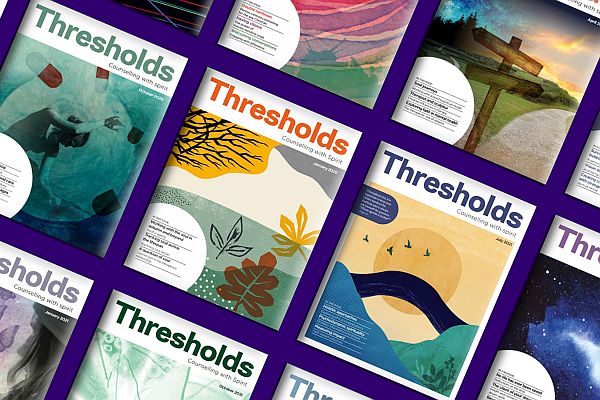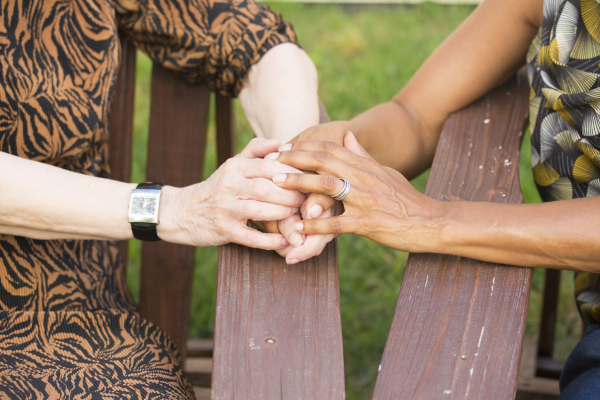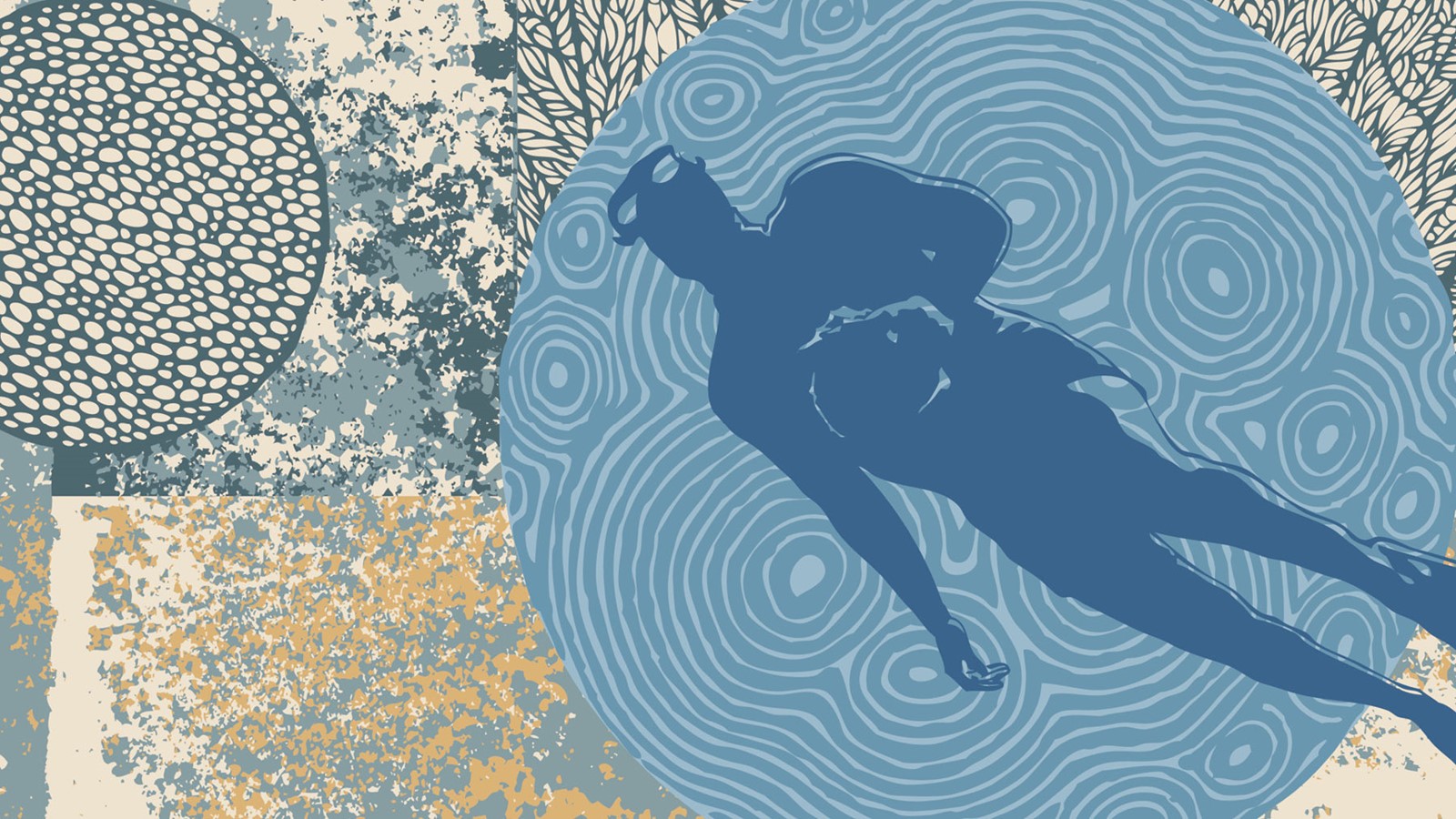Receiving responses back from our readers’ survey and contemplating how to meet readers’ needs at different career stages has got me thinking about a counsellor’s trajectory. What I mean by this is how counsellors evolve. Now, I realise that this is likely to be as individual as each practitioner because we grow and change at different rates, but I wonder whether there is a familiar arc from trainee to senior practitioner?
After I qualified, it took me rather a long time to shake the feeling that there was someone on my shoulder watching me practise. It always felt like there was some combination of trainer, supervisor or therapist hovering over me, making sure I wasn’t messing up. I thumbed through the Ethical Framework daily. In some ways, it was comforting – perhaps necessary even. But it also felt like I was in a wilderness. I was no longer a trainee, but I didn't quite feel like a fully-fledged counsellor either.
I moved into what feels like a different phase as a counsellor after I developed a different relationship between the many components of my inner landscape and a more expansive version of me. I was therefore heartened to hear Emma Redfern describe a similar process in her interview with Robin Shohet in this issue, Self in internal family systems therapy. She talks about internal family systems and describes how IFS therapists access their ‘Self’ in order to be with different parts. Although I don't work with IFS, I found this piece resonated strongly with my experience of finding myself as a counsellor.
Emma and Robin emphasise the spiritual aspect and, for me too, this has been key. The larger me is able to be with more vulnerable places because it's held by something larger still. In addition, I don't believe that I would have had the confidence to develop that inner relationship without having supervisors, trainers and therapists who modelled that kind of holding themselves – a different stage on the path.
As journal editor, I'm looking to better understand this arc because then I can look to find content that reflects the different stages. Some of you mentioned in the survey that you'd like to see us talk more about later life, for instance. I’d like to offer a range of articles so that some will meet you wherever you're at.
I'm particularly interested in hearing from students who'd like to write a regular column about their experiences of spirituality during training for our student section, Student voices.
BACP Spirituality is looking to grow a spirituality research community in which researchers can talk about their work, and I'm keen to share recent research findings in the journal. Members of BACP's Research team will be writing more about research in practice in Thresholds soon; but in the meantime, if you're interested in research and would like to get involved, please contact us. You may also be interested in BACP's Research Conference in May.
Read more...

Thresholds
Subscribe for free access to the online journal

BACP Spirituality division
BACP Spirituality is for counsellors, psychotherapists, pastoral carers, chaplains and related professionals whose work is informed by a spiritual perspective.

Blogs and vlogs 2022
News and views from members, staff and clients
Views expressed in this article are the views of the writer and not necessarily the views of BACP. Publication does not imply endorsement of the writer’s views. Reasonable care has been taken to avoid errors but no liability will be accepted for any errors that may occur.
